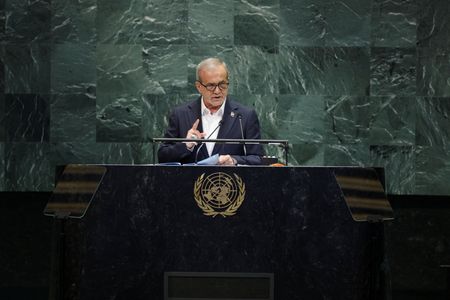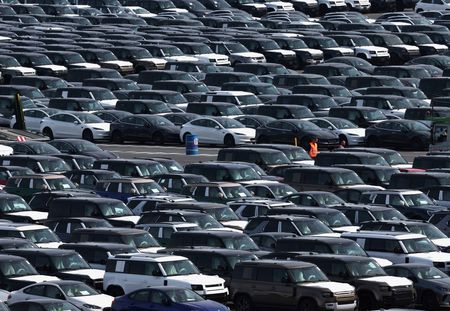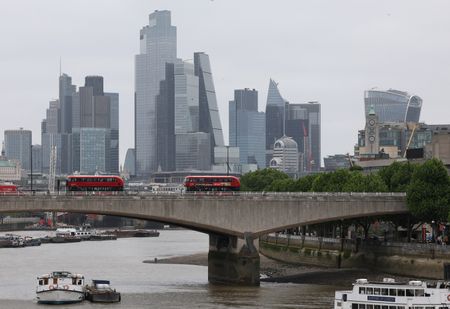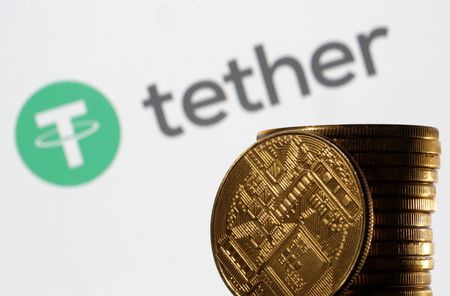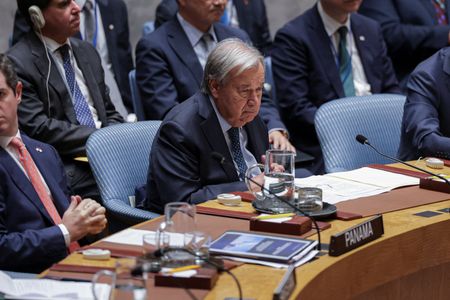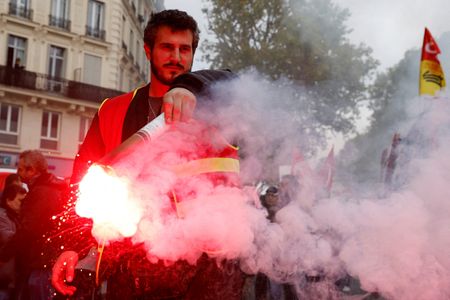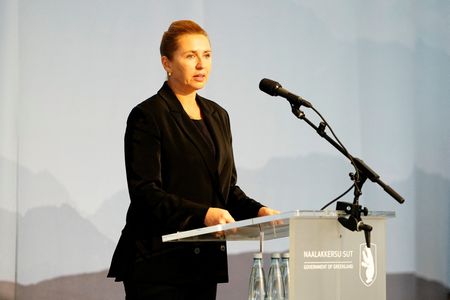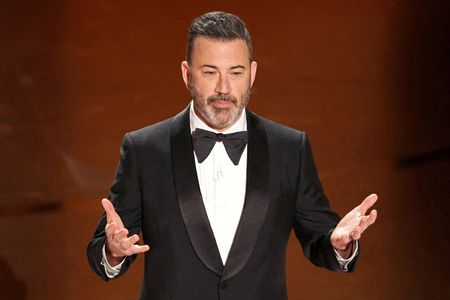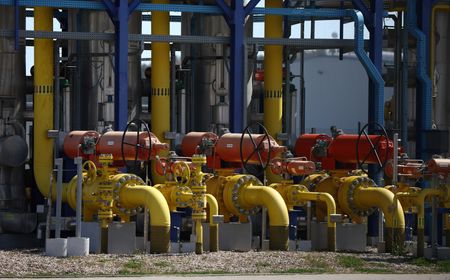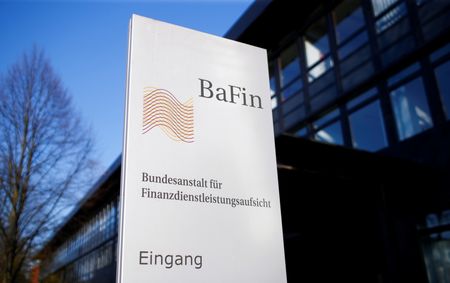By Parisa Hafezi
UNITED NATIONS (Reuters) -Iran has no intention to build nuclear weapons, Iranian President Masoud Pezeshkian told the U.N. General Assembly on Wednesday, just days before international sanctions could be reimposed on his country over Tehran’s nuclear ambitions.
“I hereby declare once more before this assembly that Iran has never sought and will never seek to build a nuclear bomb. We do not seek nuclear weapons,” Pezeshkian said.
On August 28, Britain, France and Germany launched a 30-day process to reimpose U.N. sanctions that ends on September 27, accusing Tehran of failing to abide by a 2015 deal with world powers aimed at preventing it from developing a nuclear weapon.
The European powers have offered to delay reinstating sanctions for up to six months to allow space for talks on a long-term deal if Iran restores access for U.N. nuclear inspectors, addresses concerns about its stock of enriched uranium, and engages in talks with the United States.
SAYS E3 ‘SET ASIDE GOOD FAITH’
Pezeshkian criticised the move by European powers as “illegal”, saying it was made at “the behest of the United States of America”.
The United States, its European allies and Israel accuse Tehran of using its nuclear programme as a veil for efforts to try to develop the capability to produce weapons. Iran says its nuclear programme is for peaceful purposes only.
“In doing so, they (the E3) set aside good faith. They circumvented legal obligations. They sought to portray Iran’s lawful remedial measures … as a gross violation,” Pezeshkian said.
But amid the looming threat of sanctions and last-ditch talks on the sidelines of the U.N. General Assembly, gaps remain between Tehran and European powers over a deal to avert the snapback of sanctions.
Still, both sides have left the door open to further negotiations. While the E3 says Iran’s clerical rulers have so far failed to meet the conditions it set, Tehran says it will not offer concessions.
Iran’s Supreme Leader Ayatollah Ali Khamenei, who has the last say on key state matters such as foreign policy and Iran’s nuclear programme, has ruled out negotiations with the United States under threat.
DEADLINE ON SATURDAY
If Tehran and the E3 fail to reach a deal on an extension by the end of September 27, then all U.N. sanctions will be reimposed on Iran, where the economy already struggles with crippling sanctions reimposed since 2018 after President Donald Trump ditched the pact during his first term.
The so-called “snapback” process would reimpose an arms embargo, a ban on uranium enrichment and reprocessing, a ban on activities with ballistic missiles capable of delivering nuclear weapons, a global asset freeze and travel bans on Iranian individuals and entities.
Soon after the U.S. and Israeli attacks on Iranian nuclear sites in June, Iran’s parliament passed a law suspending cooperation with the International Atomic Energy Agency.
However, the IAEA and Tehran reached a deal on September 9 to resume inspections at nuclear sites and U.N. nuclear watchdog chief Rafael Grossi said on Tuesday a team of inspectors was on its way to Iran should Tehran and the E3 strike a deal this week to avert revival of sanctions.
(Writing by Parisa Hafezi, Editing by Michelle Nichols, Hugh Lawson and Alison Wiliams)

